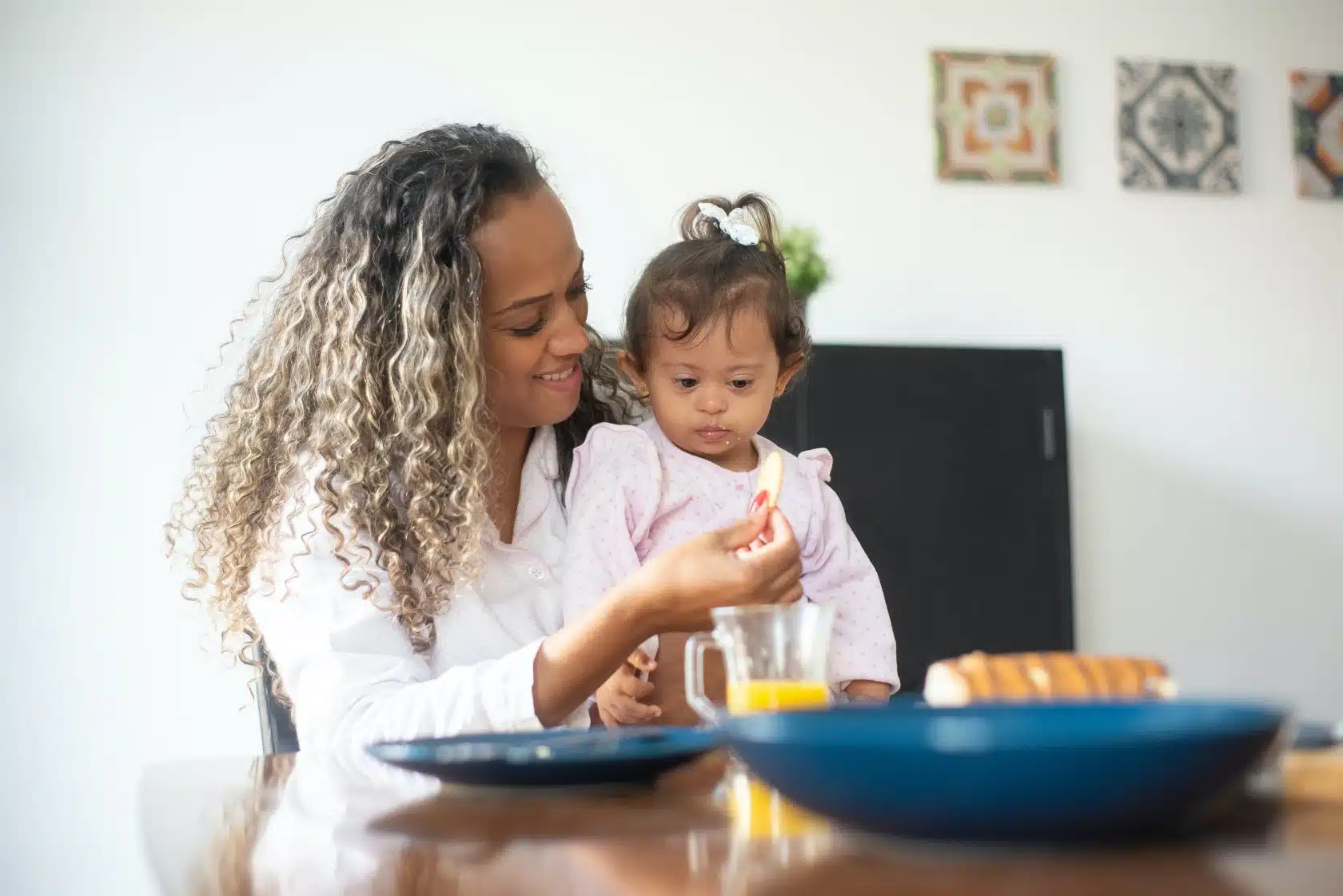Convulsions, or seizures, can vary in their presentation and impact. Recognizing the symptoms can help parents respond effectively and ensure the safety and well-being of their children. Here are some common signs and symptoms:
- Involuntary Movements: Convulsions often involve sudden jerking or shaking of the body, such as uncontrolled limb movements or repetitive motions.
- Loss of Consciousness: During a convulsion, a child may experience a temporary loss of awareness or responsiveness.
- Changes in Sensation: Some individuals may report unusual sensations before, during, or after a convulsion, such as strange tastes, smells, or visual disturbances.
- Altered Behavior or Emotions: Convulsions can also cause changes in behavior, mood, or emotions, including confusion, fear, or irritability.
It is important to note that convulsions can vary widely among individuals and may have different causes.
Editor’s note: This information is not meant to diagnose or treat and should not take the place of personal consultation, as needed, with a qualified healthcare provider and/or BCBA.
This post was originally published on July 3, 2023. It was updated on Jan. 22, 2024.














